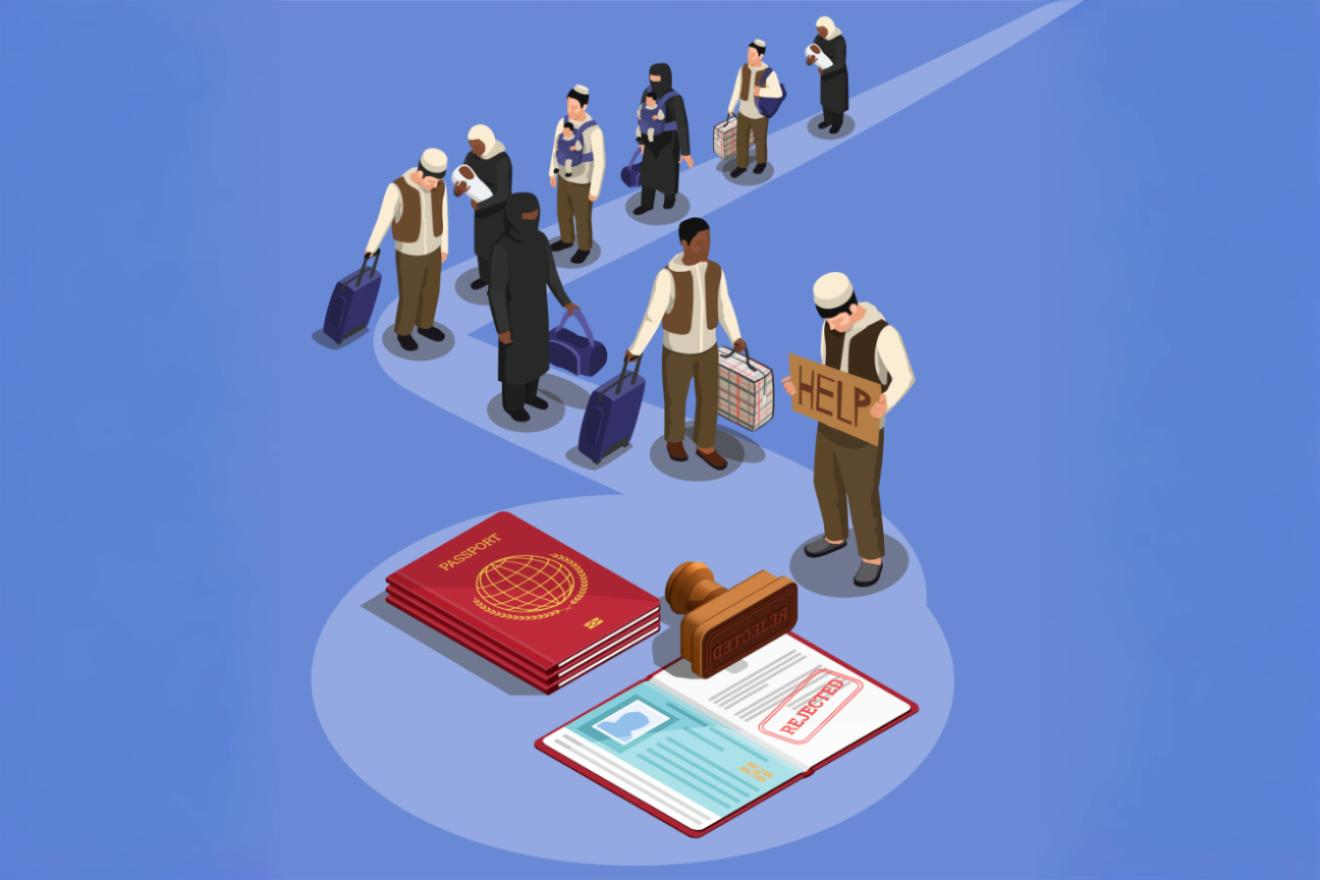Canada has become one of the top destinations for students worldwide. Every year, thousands choose its universities and colleges not just for education, but also for the chance to build a future there. The idea is simple: study first, then settle later. This path is attracting many young people who see Canada as more than a temporary stop. It is seen as a place to study, work, and eventually call home.
Quality education with global recognition
Canadian universities and colleges are known for high academic standards. Degrees from these institutions are respected worldwide. Students value the mix of theory, research, and hands-on training that prepares them for jobs after graduation. Fields like engineering, health sciences, computer science, and business attract large numbers of international students.
A clear path from student to permanent resident
One of the main reasons students choose Canada is its immigration system. The government has created routes that allow students to move from study permits to permanent residency. Programs like the Post-Graduation Work Permit (PGWP) give graduates time to gain Canadian work experience. This work experience then boosts their chances under immigration streams such as Express Entry and Provincial Nominee Programs.
Work while you study
Studying in Canada does not mean students must rely only on savings. The government allows international students to work part-time during studies and full-time during scheduled breaks. This helps students support themselves and gain local work experience. It also makes the transition to full-time employment after graduation easier.
Affordable compared to other countries
Compared to places like the United States, the United Kingdom, or Australia, tuition in Canada is often lower. Add to that the lower cost of living in many Canadian cities outside Toronto or Vancouver. This balance of quality and cost makes Canada attractive for families investing in education abroad.
Multicultural and safe environment
Canada is known for its multicultural society and welcoming attitude toward newcomers. Students from diverse backgrounds feel included and safe. Many universities run support services for international students, helping with housing, work, and cultural adjustment. Safety, both on and off campus, is another factor that reassures parents.
Strong job market for graduates
Graduates from Canadian institutions are in demand. Sectors like technology, healthcare, and finance are growing quickly. Employers value Canadian education and often prefer candidates with local experience. This combination makes it easier for students to move into the workforce after completing their studies.
Permanent residency and beyond
For many, studying in Canada is not just about education. It is a long-term plan. After gaining a Canadian degree and work experience, students can apply for permanent residency. Once approved, they enjoy most of the same rights as citizens, including healthcare and career opportunities. Many later move on to apply for citizenship.
Why this path makes sense
Choosing to study in Canada first is both practical and strategic. It reduces the stress of moving directly as a skilled worker. Instead, students adjust gradually, building networks and careers while gaining the qualifications Canada values most. By the time they apply for permanent residency, they already have a strong foundation.
Final thoughts
The “study first, settle later” path is becoming the smart choice for many young people worldwide. Canada’s mix of top education, work opportunities, and clear immigration options makes it a natural fit. For students who see education as the first step toward a secure future, Canada continues to stand out as one of the best choices.












